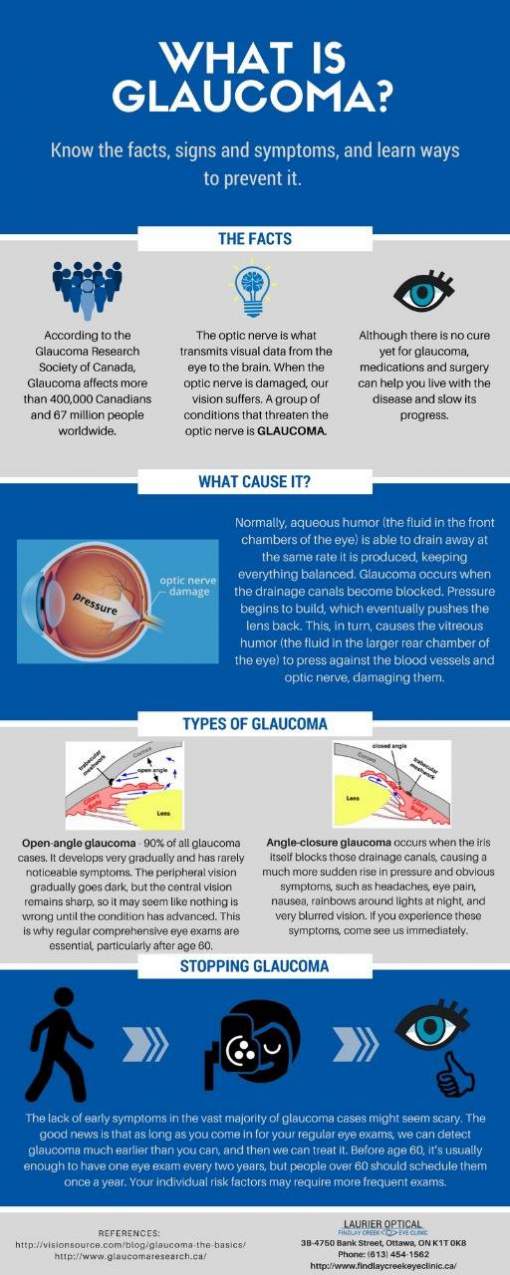Authored By-Klit Dalton
Dry eye signs can be irritating and awkward. You might question if you should see an eye doctor or an eye doctor for alleviation. Eye doctors frequently manage mild to modest situations with effective therapies. However, if your signs and symptoms linger or get worse, it may be time to think about a professional's treatment. Comprehending the ideal course for your situation is critical-- so what factors should you take into consideration prior to making that consultation?
Comprehending Dry Eye Manifestations
Have you ever experienced a persistent sensation of dry skin in your eyes? This pain can be greater than simply an annoyance; it typically indicates a common condition referred to as completely dry eye.
You could observe soreness, itching, or an abrasive sensation, making it tough to focus. Often, your eyes might even sprinkle exceedingly as they try to compensate for the lack of wetness. You might additionally experience obscured vision, particularly after long term display time.
Identifying these signs is crucial for managing completely dry eye effectively. Variables like extended screen usage, ecological toxic irritants, and specific medications can intensify these sensations.
Duty of Optometrists in Dry Eye Management
Optometrists play a critical duty in taking care of completely dry eye, acting as your key resource for medical diagnosis and treatment. They begin by reviewing your signs and executing complete eye evaluations to identify the underlying sources of your pain.
With their knowledge, they suggest customized treatment plans, which may consist of synthetic tears, prescription medicines, or way of living modifications. Eye doctors likewise enlighten you on appropriate eye care methods to assist reduce signs and symptoms.
If https://drive.google.com/file/d/1d0mArl7XwitpCaywLH58RkwuGQu25Bzc/view?usp=sharing requires more specific interest, they'll refer you to an eye doctor. https://www.forbes.com/sites/leebelltech/2018/05/31/non-invasive-vision-correction-innovation-could-prove-alternative-to-laser-eye-surgery/ with your optometrist make sure that your completely dry eye administration works, permitting changes to your treatment as required.
Trust fund your optometrist to direct you with the procedure of discovering remedy for completely dry eye symptoms.
When to Consult an Ophthalmologist
When should you take into consideration seeking advice from an eye doctor for your dry eye symptoms? If your signs persist in spite of non-prescription treatments or worsen gradually, it's time to see a professional.
You should likewise connect if you experience serious discomfort, vision changes, or if your eyes appear red and swollen. An eye doctor can identify underlying problems like blepharitis or meibomian gland dysfunction that may require more advanced therapy.
If you have a history of eye surgical treatments or chronic conditions such as rheumatoid joint inflammation, it's smart to speak with an ophthalmologist also.
Verdict
In recap, if you're experiencing dry eye symptoms, beginning by going to an optometrist for a tailored therapy strategy. They can aid with mild to modest problems making use of artificial tears and way of living changes. However, if your signs continue or worsen, don't wait to get in touch with an ophthalmologist for even more specific treatment. Taking these actions can lead to much better management of your dry eye signs and symptoms and boost your total eye wellness. Bear in mind, your comfort and vision are worth it!

